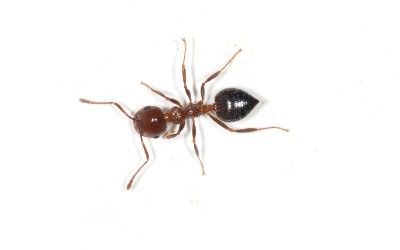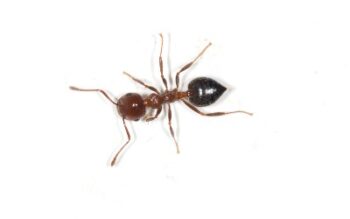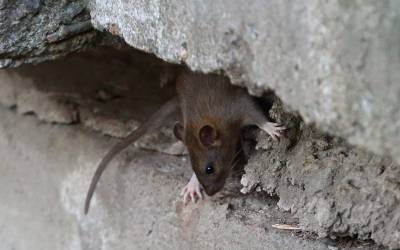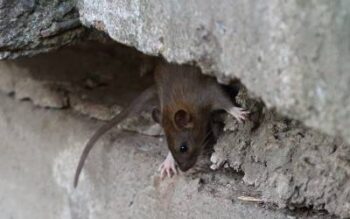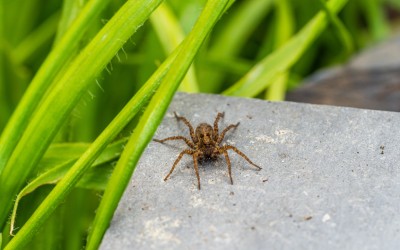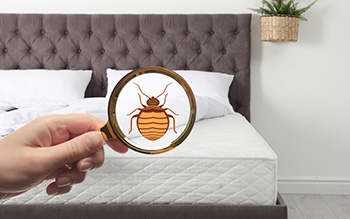 A hotel stay promises relaxation, comfort, and excitement. However, hidden within the folds of sheets or tucked away in the seams of mattresses, an unwelcome guest might be lurking: the bed bug. These tiny insects have become notorious for their ability to turn a peaceful night’s sleep into a nightmare. Knowing how to check for bed bugs at an Airbnb, vacation rental, or hotel could help you avoid waking up covered in bites – or worse, accidentally bringing them home with you.
A hotel stay promises relaxation, comfort, and excitement. However, hidden within the folds of sheets or tucked away in the seams of mattresses, an unwelcome guest might be lurking: the bed bug. These tiny insects have become notorious for their ability to turn a peaceful night’s sleep into a nightmare. Knowing how to check for bed bugs at an Airbnb, vacation rental, or hotel could help you avoid waking up covered in bites – or worse, accidentally bringing them home with you.
Signs of Bed Bugs in a Hotel
Bed bugs are about the size of an apple seed, so it can be challenging to spot an infestation right away. The last thing you want is to set down all of your luggage just to realize that the bed is crawling with insects. That’s why it’s important to take a few minutes to inspect your hotel immediately after arriving at your room. If you notice any of these signs, your hotel room may have bed bugs:
- Visible Bugs: Although bed bugs are small and typically hide during the day, you might spot them in seams of mattresses, along baseboards, or behind picture frames. They are about ¾ of an inch and are reddish-brown.
- Blood Stains: Dark or rusty spots on bedding, mattresses, or furniture could indicate bed bug excrement or crushed bed bugs.
- Fecal Spots: Small, dark spots resembling ink stains on bedding or nearby furniture might be bed bug excrement.
- Shed Skins: Bed bugs shed their exoskeletons as they grow. These translucent shells can be found near their hiding spots, such as the headboard or in carpeting.
- Musty Odor: Some describe the odor of a severe bed bug infestation as musty or sweet. If you notice an unusual scent in the room, it might be worth investigating further.
Ways to Prevent Bed Bugs While Traveling
Unfortunately, hotel rooms aren’t the only place where bed bugs might be hiding. They’re also known for invading public spaces with plenty of upholstery, such as airports or public transportation. If you want to avoid accidentally picking up bed bugs while traveling, follow these steps:
- Use hard-shelled luggage
- Seal your clothes in plastic bags
- Avoid placing your belongings on upholstery
- Carefully inspect your luggage before bringing it indoors
- Wash your clothes on high heat after returning home
- Call a professional if you suspect you have bed bugs
Get Rid of Bed Bugs Fast
Despite our best efforts, it’s still possible to accidentally pick up bed bugs while traveling. Returning home from a long trip is already exhausting enough even without the stress of dealing with an infestation. At Southern Pest Control, it’s our goal to make sure pests are the least of your concerns. We offer fast and efficient bed bug removal services that ensure you can rest easy. With customized treatment plans and long-term solutions, we’ll also make sure your infestation doesn’t come back in the future. If you think you have bed bugs, give us a call now!

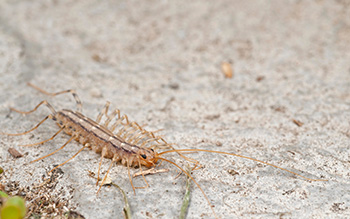
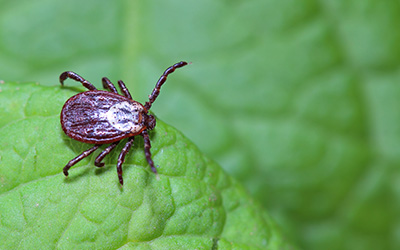
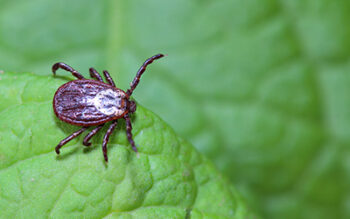 Here on the Mississippi Gulf Coast, residents are soaking in the last days of summer as the weather fades into fall. While we’re busy with backyard BBQ’s or hanging at the beach, pests are also busy trying to make the most of late summer. Contrary to popular belief, pests thrive during this time, with plenty of warmth and outdoor activity providing ample opportunity for them to enter your
Here on the Mississippi Gulf Coast, residents are soaking in the last days of summer as the weather fades into fall. While we’re busy with backyard BBQ’s or hanging at the beach, pests are also busy trying to make the most of late summer. Contrary to popular belief, pests thrive during this time, with plenty of warmth and outdoor activity providing ample opportunity for them to enter your 
 For such tiny little insects,
For such tiny little insects,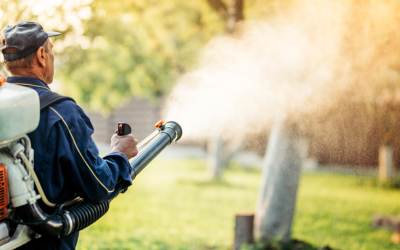
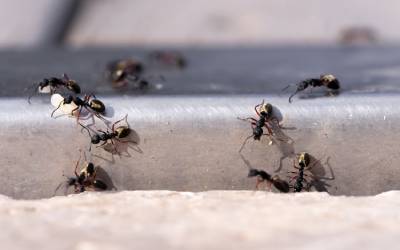
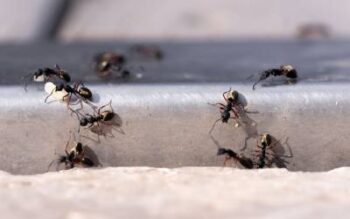 termites, wasps, bees, and ants that can make their way into your home and yard. These swarms are unwelcome guests to any home or backyard gathering. There are, however, ways to protect your property from infestations.
termites, wasps, bees, and ants that can make their way into your home and yard. These swarms are unwelcome guests to any home or backyard gathering. There are, however, ways to protect your property from infestations.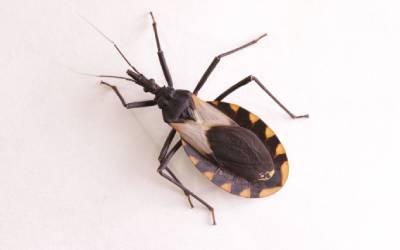
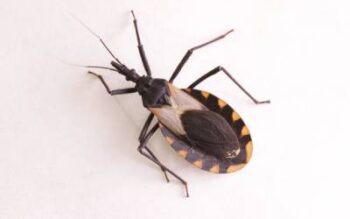 Though kissing bugs may sound cute, they’re far from it. These nocturnal insects get their charming nickname from their less-than-charming habit of biting people in the middle of the night – usually around the mouth. If it isn’t bad enough to picture bugs crawling on your face while you sleep, these pests are also capable of causing serious health issues for humans and animals. So, what exactly are kissing bugs, and how can you keep them out of your home? The experts at Southern Pest Control explain everything you need to know down below.
Though kissing bugs may sound cute, they’re far from it. These nocturnal insects get their charming nickname from their less-than-charming habit of biting people in the middle of the night – usually around the mouth. If it isn’t bad enough to picture bugs crawling on your face while you sleep, these pests are also capable of causing serious health issues for humans and animals. So, what exactly are kissing bugs, and how can you keep them out of your home? The experts at Southern Pest Control explain everything you need to know down below. 